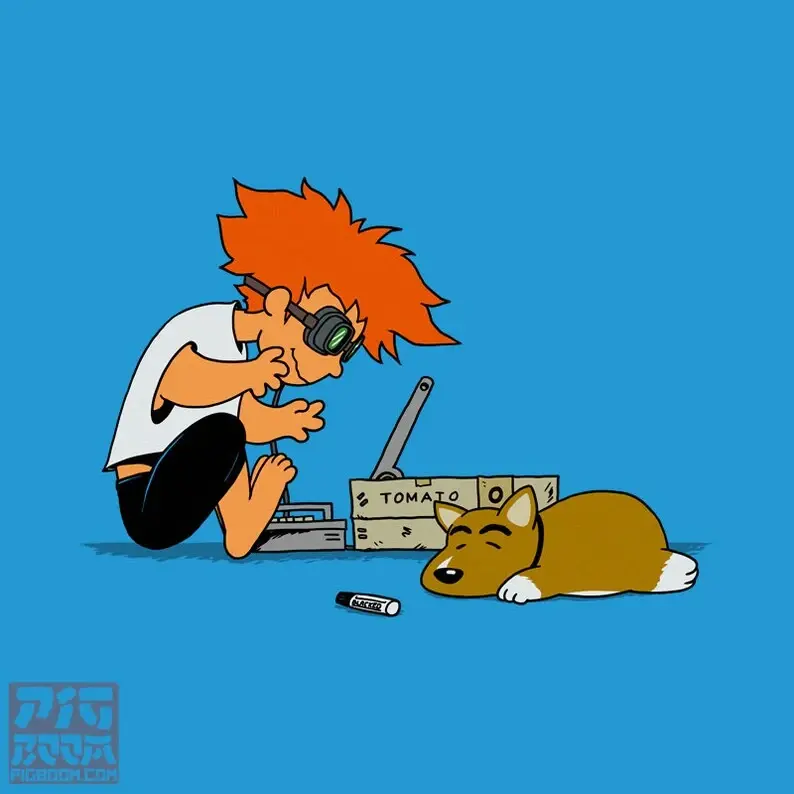- cross-posted to:
- technology@lemmy.ml
- cross-posted to:
- technology@lemmy.ml
Japanese firm believes it could make a solid-state battery with a range of 745 miles that charges in 10 minutes
They have been “claiming”/ “announcing” this breakthrough since 2017 repeatedly. They STILL haven’t figured out how to mass produce it affordably to making it meaningful. They keep pushing out the date for when it will arrive for many years now.

- Release statement claiming breakthrough
- Attract investment money
- Run out of money
- Release statement claiming breakthrough
- Attract investment money
- Run out of money
Repeat until product is complete or no one will invest.
I “”“claim”“” the planet Jupiter
Since Toyota is way ahead with hybrids but behind with EVs, this would be a way to tell the public, “wait, don’t buy a competitor’s EV, because we’ll have something 100x better in a year or so.”
I hope I’m just being cynical, because solid state batteries do sound awesome. I wonder was the weight difference would be
I’ve wanted to believe in breakthrough battery technology so many times and been let down. I’ll wait until it hits the market before getting excited. Even this article is pretty vapor-ish:
The world’s second largest carmaker was already pursuing a plan to roll out cars with advanced solid-state batteries, which offer benefits compared with liquid-based batteries, by 2025.
Then a little further down:
The company expects to be able to manufacture solid-state batteries for use in electric vehicles as soon as 2027
I’m waiting for the,“By 2030 we’ll definitely be able to use these batteries in our 2035 models. You’ll see this in 2040 and the sky will open up with sunshine and birds will sing.”
The quickest way I’ve found to separate the articles that are going to be meaningless waste-of-time fluff pieces from ones that might be informative is to find the verb in the headline.
Is it something like “claims”, “calls for”, “praises”, “criticizes”, or “expects”? Fluff. If something deserving of a more concrete, direct verb had happened, the headline would have said so. Verbs like “slams” or “attacks” or “demands” are even worse; they’re aggressive and enthusiastic about their content but still can’t make the claim something actually happened or changed.
If the verb is preceded by “could”, “might”, “maybe”, or similar, especially with regard to tech news, it’s also probably an empty slow-news-day article, but those words aren’t necessarily as hollow as the ones mentioned above. Sometimes they’ll contain interesting information about the current state of things, even if they’re just going to lead you on a merry speculation romp about the optimistic/horrifying future.




